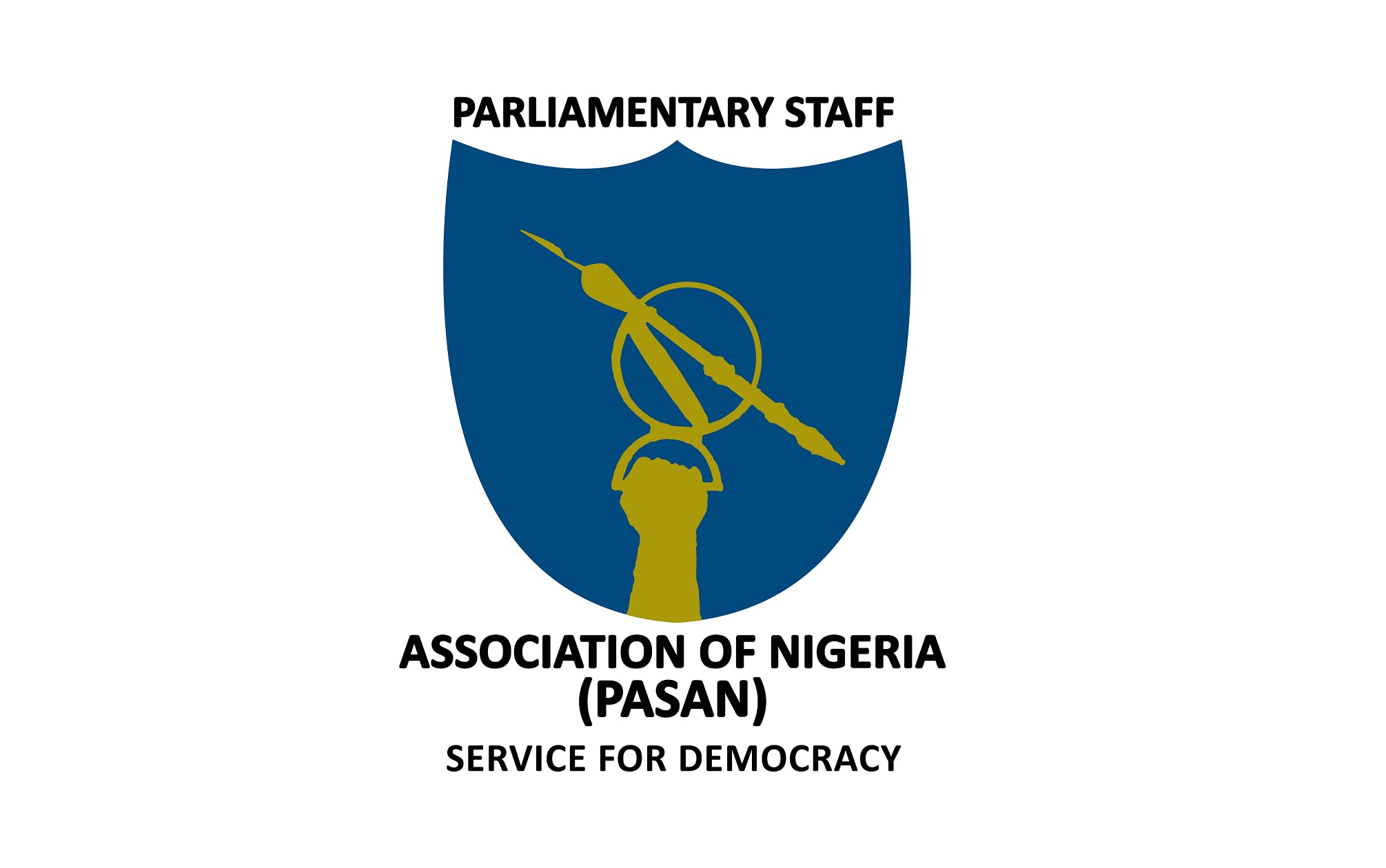About a week ago, parliamentary staff of state houses of assembly under the auspices of the Parliamentary Staff Association (PASAN) embarked on protests over delayed implementation of fiscal autonomy for state assemblies. The workers’ grouse is that instead of allowing their respective legislative houses to directly receive their statutory allocations from the federation account, state governors hijack and divert same to ends that may fall outside the legitimate needs of the legislature – which often include the welfare concerns of the legislative staff.
The action saw the offices of several state assemblies across the country locked up for business by agitated parliamentary staff, a development that disrupted official business including the processing of the 2021 budget in affected states.
It needs to be recalled that the advocacy by PASAN for fiscal autonomy for the legislature remains a cardinal provision of the constitution which upholds the principle of separation of powers among the three arms of government. This relief had been secured by the National Assembly earlier, while the state assemblies are yet to enjoy same, courtesy of their respective governors acting in blatant breach of the constitution. The situation became so thorny that in May 2020, President Muhammadu Buhari signed Executive Order 10, which granted fiscal autonomy for state legislatures and the judiciary across the 36 states of the federation. To ensure the implementation of the provision, the president mandated the Accountant General of the Federation to deduct at source and direct appropriately, the amounts due to states that fail to grant autonomy to the legislatures and judiciary.
That the situation remained unresolved despite of the clear-cut constitutional provisions for fiscal autonomy for state assemblies, and the 10 months old Presidential Executive Order 10, points to a more insidious enterprise by the state governors which has the wider implications of vitiating the sanctity of the country’s constitution. Hence the position of the governors with respect to denying and delaying the fiscal autonomy of state assemblies needs to be addressed by the country as a threat to its democracy.
The action by PASAN comes into perspective as a venture in desperation occasioned by the crass failure of the political class, namely the senators and members of the House of Representatives as well as State Houses of Assembly, to do the needful, given that the defence of the provisions of the constitution falls squarely under their brief.
It is needless to remind them that at the inception of their respective tenures in office, these members of the political class undertook as part of their oaths of office a commitment to defend the constitution at all times. Hence allowing state governors to habitually breach this very critical provision of the constitution, constitutes an abdication of responsibility. The workers’ strike action should actually serve as a wake-up call for the political class.
For the purpose of clarification, while the legislators may be paying lip service to the breach of fiscal autonomy for state assemblies by governors, the implications for the wider society remain legion. Firstly, by the breach of the principle of fiscal autonomy for state assemblies, the governors actually corner the resources allocated to the legislature in their states for capricious ends, while compromising the effectiveness of the respective legislative chambers and denying the taxpayers the dividends of good governance. Through the illegal control of the finances of the legislatures, the governors dictate the latter’s operations as suit their fancies. And given the proclivities of the seemingly ‘all powerful’ governors, the likelihood of their actions imposing anti-people influences on their respective state legislatures, cannot be ruled out.
Beyond the foregoing, the Nigerian Governors Forum should see itself as working in line with the expectations of the Nigerian public and the provisions of the constitution to stop this reprehensible practice, especially now that its chairman, Dr Kayode Fayemi of Ekiti State, enjoys the reputation of a strong advocate of functional constitutional democracy.

 Join Daily Trust WhatsApp Community For Quick Access To News and Happenings Around You.
Join Daily Trust WhatsApp Community For Quick Access To News and Happenings Around You.


